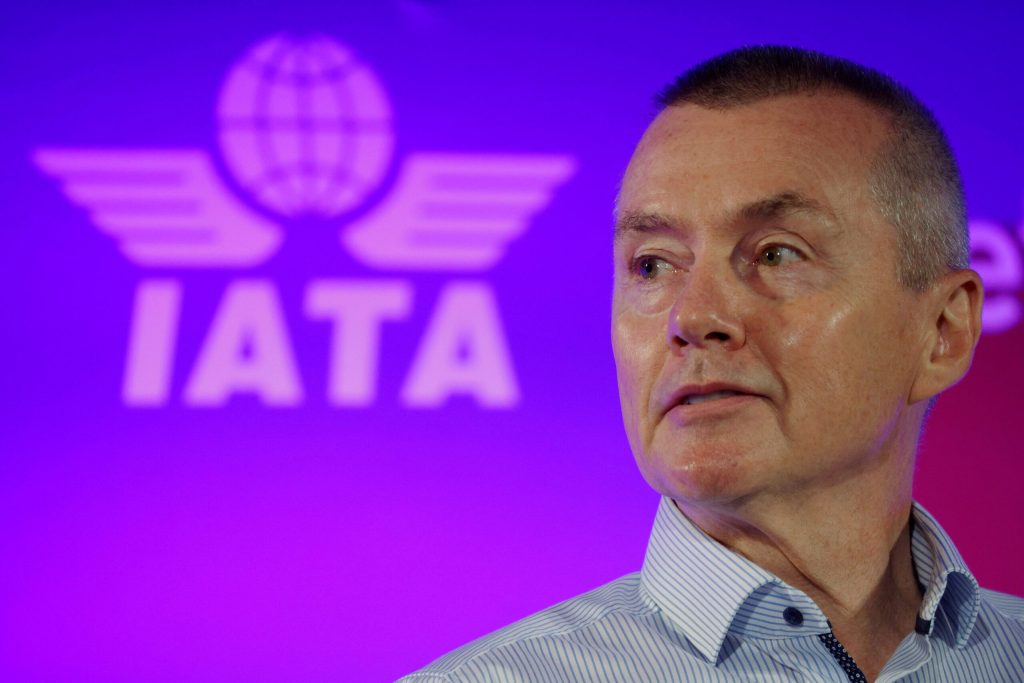SAF production to double in 2025, reaching 2 million tonnes—but still only 0.7% of aviation’s fuel needs.
High costs from EU mandates could add $1.7 billion in compliance fees, making SAF five times more expensive than jet fuel.
IATA calls for urgent government action to redirect fossil fuel subsidies and scale global SAF production.
SAF Growth Still Falls Short
The International Air Transport Association (IATA) said Sunday it expects sustainable aviation fuel (SAF) production to double in 2025 to 2 million tonnes, or 2.5 billion liters—just 0.7% of global airline fuel consumption.
“While it is encouraging that SAF production is expected to double to 2 million tonnes in 2025, that is just 0.7% of aviation’s total fuel needs. And even that relatively small amount will add $4.4 billion globally to the fuel bill,” said IATA Director General Willie Walsh.

Walsh stressed the need to “accelerate the pace of production and reduce costs” to keep airlines on track for net-zero emissions by 2050.
Mandates Backfiring in Europe
IATA flagged a growing concern: compliance-driven market distortions in Europe. With SAF mandates now in force across the EU and UK since January 2025, producers are adding steep compliance fees—doubling SAF costs for airlines.
In 2025, airlines are expected to spend $1.2 billion to meet Europe’s SAF mandates.
Compliance fees could add another $1.7 billion—funds that could have avoided 3.5 million tonnes of emissions elsewhere.
“Europe needs to realize that its approach is not working and find another way,” said Walsh. “Raising the cost of the energy transition that is already estimated to be a staggering $4.7 trillion should not be the aim or the result of decarbonization policies.”
IATA’s Market-Driven Alternatives
To build a transparent, global SAF market, IATA is supporting two tools:
SAF Registry by the Civil Aviation Decarbonization Organization (CADO), aligned with CORSIA and EU ETS rules.
SAF Matchmaker, which links airlines seeking SAF with suppliers offering certified product.
Government Action Urgently Needed
IATA called on policymakers to:
Rebalance subsidies—redirecting part of the $1 trillion fossil fuel subsidies to renewables and SAF.
Create integrated energy policies that prioritize SAF within broader renewable energy expansion.
Strengthen CORSIA by ensuring airlines can access high-quality carbon credits (EEUs). So far, only Guyana has made credits available for aviation use.
“This is not just about aviation. SAF is key to the global energy transition—and that requires coordinated, economically viable policy,” said Walsh.
Read the full press release

